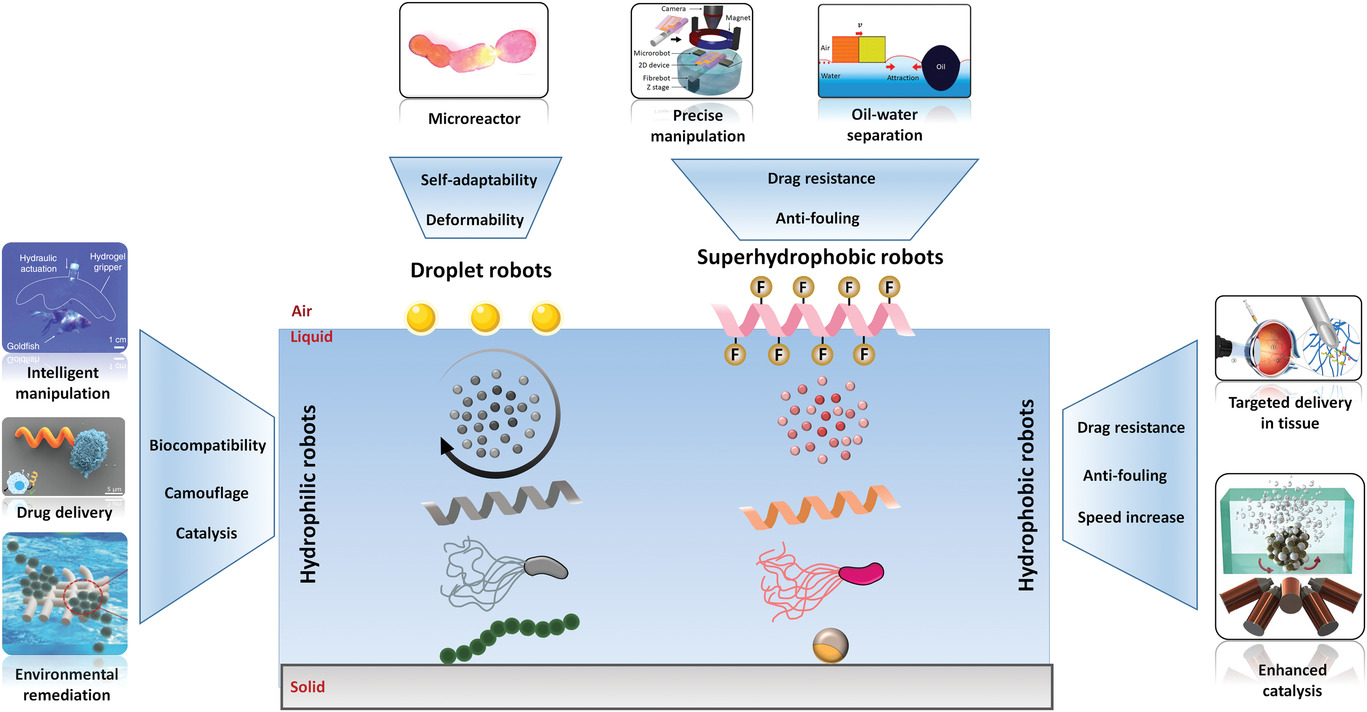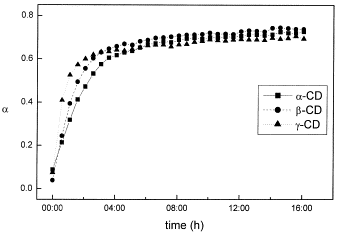paper archives
Stay hungry, stay foolish. You are as good as your last paper.
Collective Behaviors of Active Matter Learning from Natural Taxes Across Scales
- Fengtong Ji, Yilin Wu,* Martin Pumera,* and Li Zhang*

Taxis orientation is common in microorganisms, and it provides feasible strategies to operate active colloids as small-scale robots. Collective taxes involve numerous units that collectively perform taxis motion, whereby the collective cooperation between individuals enables the group to perform efficiently, adaptively, and robustly. Hence, analyzing and designing collectives is crucial for developing and advancing microswarm toward practical or clinical applications. In this review, natural taxis behaviors are categorized and synthetic microrobotic collectives are discussed as bio-inspired realizations, aiming at closing the gap between taxis strategies of living creatures and those of functional active microswarms. As collective behaviors emerge within a group, the global taxis to external stimuli guides the group to conduct overall tasks, whereas the local taxis between individuals induces synchronization and global patterns. By encoding the local orientations and programming the global stimuli, various paradigms can be introduced for coordinating and controlling such collective microrobots, from the viewpoints of fundamental science and practical applications. Therefore, by discussing the key points and difficulties associated with collective taxes of different paradigms, this review potentially offers insights into mimicking natural collective behaviors and constructing intelligent microrobotic systems for on-demand control and preassigned tasks.










